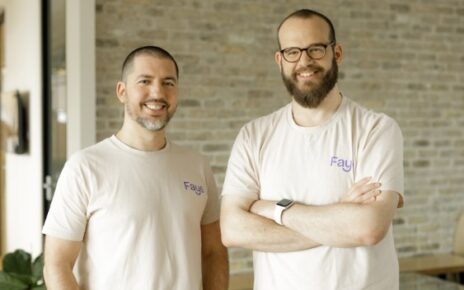The Problem of Deskless Workers
Many employee engagement and retention tools were created under the assumption that workers spent most of their time at desks. However, this is not always the case. The majority of the global workforce is deskless, meaning they are often on the move and do not have constant access to a laptop.
The Challenge of Retaining Deskless Workers
Not only are many deskless workers disconnected from their companies, but they also tend to be dissatisfied with their jobs. This leads to high churn rates and low retention levels for businesses that struggle to engage with these employees.
Introducing Mercu
Based in Singapore, Mercu aims to address the needs of deskless workers by providing a platform designed specifically for this demographic. Launched in November 2022, Mercu has raised $1.6 million in seed funding from investors such as 500 Global, TEN13, Flying Fox Ventures, Archangel Ventures, XA Network, and returning investor Sequoia Capital India.
How Mercu Works
Mercu is used by companies in various industries, including retail, logistics, hospitality, and manufacturing. The platform allows employers to onboard employees, communicate with them, and increase engagement through the use of popular messaging apps. This approach ensures that workers can access information and messages even when they are on the move.
Examples of Mercu’s Use Cases
Guzman Y Gomez, a Mexican fast food chain in Singapore, uses Mercu to automate their hiring and onboarding process. By sending interview invites and offers through WhatsApp, they were able to reduce no-shows at interviews. Additionally, the company uses Mercu to gauge worker sentiment on a monthly basis, helping them to reduce turnover rates.
Sam Prince Hospitality Group uses Mercu to send continuous training to employees, including SOP updates, product information, and sales training. This approach helps to keep workers informed and engaged, ultimately contributing to improved retention levels.
The Importance of Meeting Workers Where They Are
Mercu’s founders, Jascha Zittel and Elliott Gibb, have extensive experience in the industry, having previously worked at Grab. While working on Grab’s passenger experience team, they realized that deskless workers often feel disconnected from their companies. To address this issue, Mercu was developed to meet workers where they are – through popular messaging apps.
The Future of Mercu
With its seed funding, Mercu plans to expand its footprint in the United States and continue hiring talent. The company’s product development team is also focused on developing more tools for employees, including exploring the use of large language models like ChatGPT to communicate with workers at scale.
Conclusion
Mercu offers a much-needed solution for companies struggling to engage with their deskless workforce. By leveraging popular messaging apps and providing a platform for employee communication, Mercu is helping businesses to improve retention rates and reduce churn. As the demand for innovative solutions in human resources continues to grow, it will be interesting to see how Mercu evolves in the future.



